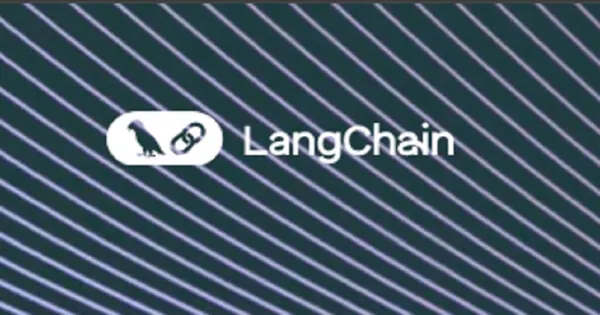
LangChain has recently introduced Open Deep Research, a cutting-edge tool designed to enhance AI-driven analysis through flexible and sophisticated research strategies. This innovative platform is centered around multi-agent systems, enabling users to produce detailed reports by leveraging customizable frameworks.
The new system offers unprecedented flexibility, allowing users to integrate their own models, search tools, and Multi-Channel Protocol (MCP) servers to tailor the research experience according to specific requirements. This adaptability is crucial considering the diverse nature of research tasks, which may involve product comparisons or validation of certain claims.
The architecture behind Open Deep Research revolves around a three-phase process: Scope, Research, and Report Writing. Initially, the scoping phase involves clarifying the research scope and generating a brief through user interaction, guaranteeing that the research aligns with expectations while providing focused direction for subsequent phases.
During the research phase, a supervisor agent delegates tasks to sub-agents, which operate in parallel to gather information on specific sub-topics. This strategy accelerates the research process while ensuring a comprehensive analysis by isolating context across different topics.
The final phase, report writing, involves compiling gathered data into a coherent report. An LLM (Large Language Model) synthesizes research findings into a single output, guided by the initial research brief.
LangChain’s experience with multi-agent systems highlights the importance of context isolation and the challenges of coordinating parallel tasks. Initially, attempts to write sections of reports in parallel resulted in disjointed outputs. The solution was to restrict multi-agent involvement solely to the research phase, ensuring a unified final report.
Source: Blockchain.News


